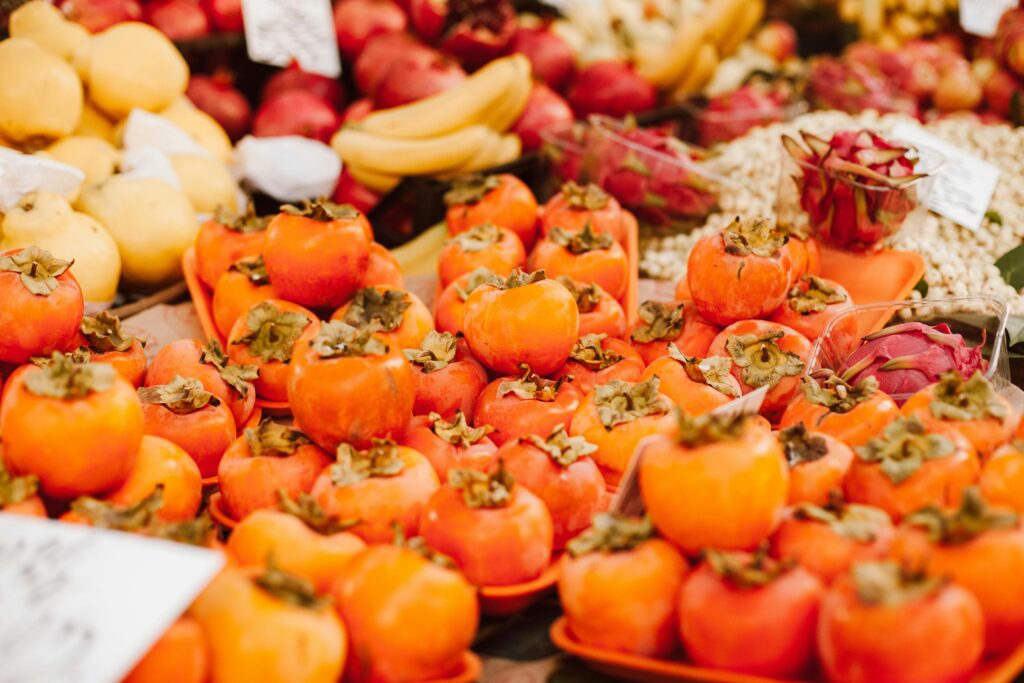🌿 The Cultural Meaning of Plant Gifting: What to Give and Why

Plants make for timeless, meaningful gifts. They’re beautiful, symbolic, and ever-growing — quite literally. Whether it’s a leafy desk companion, a blooming birthday surprise, or a quiet gesture of sympathy, plants speak a powerful, silent language.
But did you know plant gifting carries unique meanings across cultures and occasions? Before you grab that orchid or money plant, it’s worth understanding the message you might be sending.
Here’s your complete guide to plant gift etiquette — rich in symbolism, cultural context, and thoughtful recommendations.
🌱 Why Gift Plants?
Plants are the ultimate blend of beauty, symbolism, and sustainability. They make thoughtful gifts because they:
… serve as long-lasting reminders of care and affection
… improve air quality and boost mood
… offer eco-friendly, zero-waste gifting options
… carry deep symbolic meanings across cultures
Whether it’s for a housewarming, a promotion, or a get-well gesture, gifting a plant says, “Here’s something to grow alongside you.”
🌍 What Different Plants Symbolize Across Cultures?
Plants carry powerful meanings that vary widely across cultures. From the prosperity-linked lucky bamboo in China to the sacred Tulsi in India or the cheerful sunflower in Ukraine, each plant tells a story. Understanding these symbolic associations helps ensure your gift is not just beautiful — but also respectful, meaningful, and culturally appropriate.
🌱 Lucky Bamboo – China & Feng Shui Traditions 🇨🇳
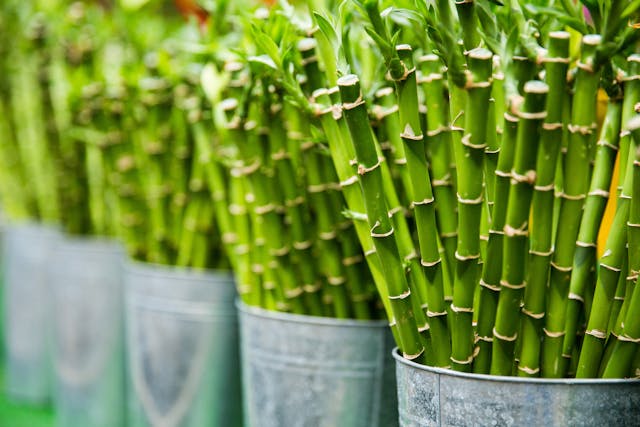
A staple in Chinese culture and Feng Shui, lucky bamboo is more than just a pretty plant — it’s a powerful symbol of prosperity, strength, and resilience. This low-maintenance gift is especially popular during the Lunar New Year and as a housewarming gesture, where it’s believed to attract positive energy and good fortune into the home.
⚠️ The number of stalks matters. Gift 3 for happiness, 5 for health, and 8 for wealth. Avoid 4 stalks which is associated with death in Chinese culture. Curious why the number 8 is lucky and 4 is avoided in Chinese culture? Learn more about the fascinating world of Chinese numerology in this Wikipedia article.
Lucky bamboo isn’t just a plant — it’s a thoughtful, culturally symbolic gift that sends wishes for strength, luck, and long life.
🌿 Basil – Italy 🇮🇹 & India 🇮🇳
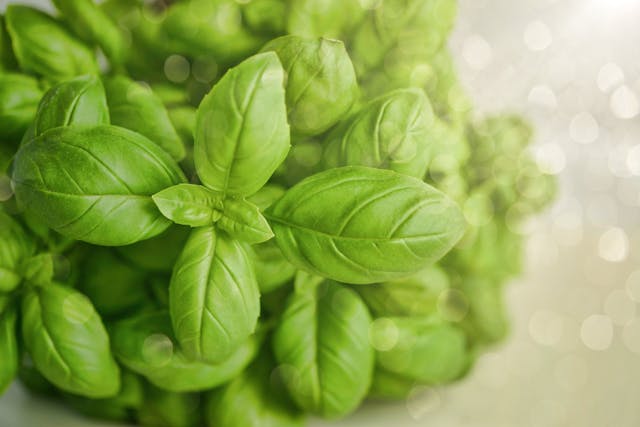
In Italy 🇮🇹, basil has long been a symbol of love, passion, and romance. In folklore, it was believed that if a woman placed a pot of basil on her balcony, it was a sign she was open to courtship. Even today, gifting basil in Italy can carry a romantic undertone — especially when paired with a home-cooked meal or a lovingly tended herb garden.
In India 🇮🇳, basil takes on a deeply spiritual role. Known as Tulsi, or “Holy Basil,” this sacred plant is revered in Hinduism and often found growing in courtyards or near temples. Tulsi is believed to bring protection, purity, and divine blessings, and is associated with the goddess Lakshmi, the deity of wealth and well-being.
⚠️ Cultural Note: While basil may be gifted casually in some places, holy basil in India is not typically given as a casual gift. It’s seen as a sacred presence, not a decorative or everyday offering, and gifting it without understanding the context may come off as disrespectful.
🍃 Money Plant – Global (Especially India, Southeast Asia)
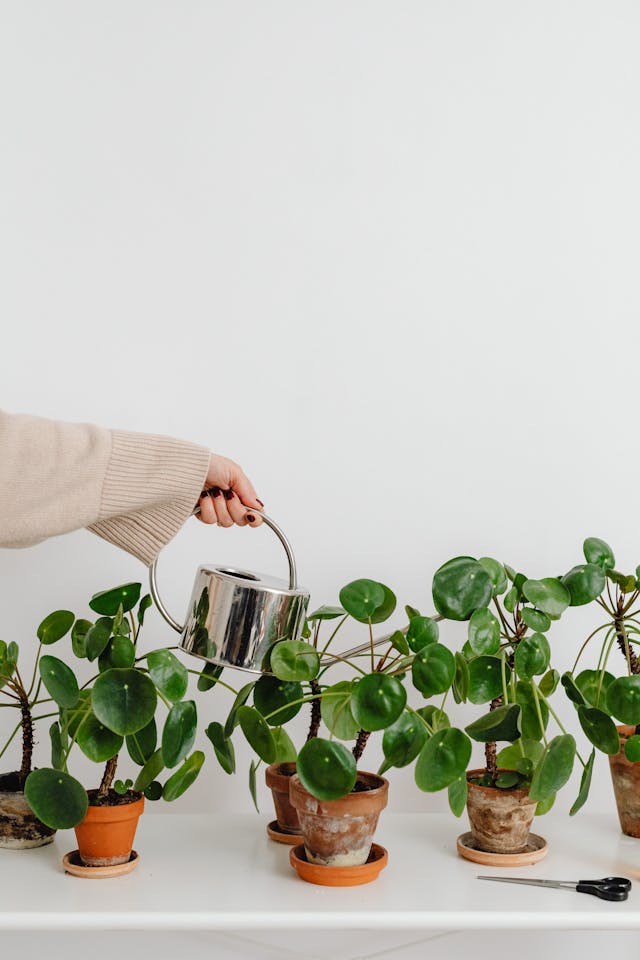
Often referred to as the money plant, this lush green gift is believed to attract wealth, prosperity, and good luck. Depending on the region, the term “money plant” can refer to different species — most commonly the jade plant (Crassula ovata) or pothos (Epipremnum aureum). In India 🇮🇳 and many Southeast Asian cultures, keeping a money plant in the home or office is thought to invite financial growth and success, especially when placed near the entrance or in the southeast corner (as per Vastu Shastra or Feng Shui principles).
It’s a popular choice for new business openings, housewarmings, or as a congratulatory gesture after a promotion or career milestone. With its easy care requirements and positive symbolism, the money plant makes a practical and meaningful gift that grows alongside the recipient’s success.
Looking for the perfect housewarming gift? Check out our article on thoughtful and culturally appropriate gifts for a German home.
🌸 Orchids – Japan 🇯🇵, Thailand 🇹🇭, Western cultures
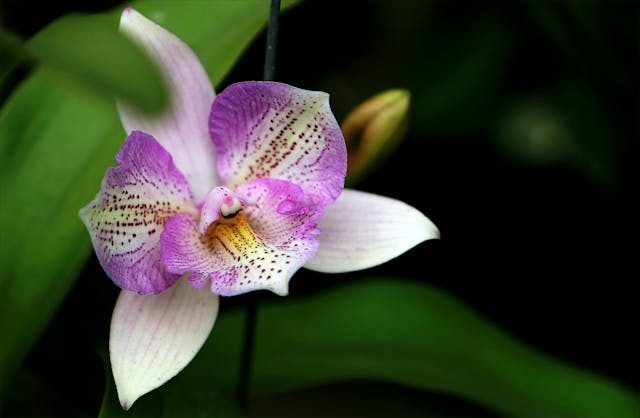
Elegant and exotic, orchids hold deep symbolic meaning across cultures. In Japan 🇯🇵, they represent refinement, respect, and noble beauty, often given to convey admiration or celebrate personal achievement. In Thailand 🇹🇭, orchids are associated with spirituality and grace, frequently used in offerings and as gestures of goodwill.
In Western cultures, orchids are seen as symbols of luxury, sensuality, and sophisticated beauty. Their rarity and intricate appearance make them a popular choice for expressing romantic affection, celebrating anniversaries, or marking major life milestones like graduations or promotions.
Available in a stunning variety of colors and forms — each with subtle meanings — orchids make a versatile and upscale plant gift suitable for both personal and professional occasions.
🌻 Sunflowers – USA 🇺🇸, Ukraine 🇺🇦, China 🇨🇳
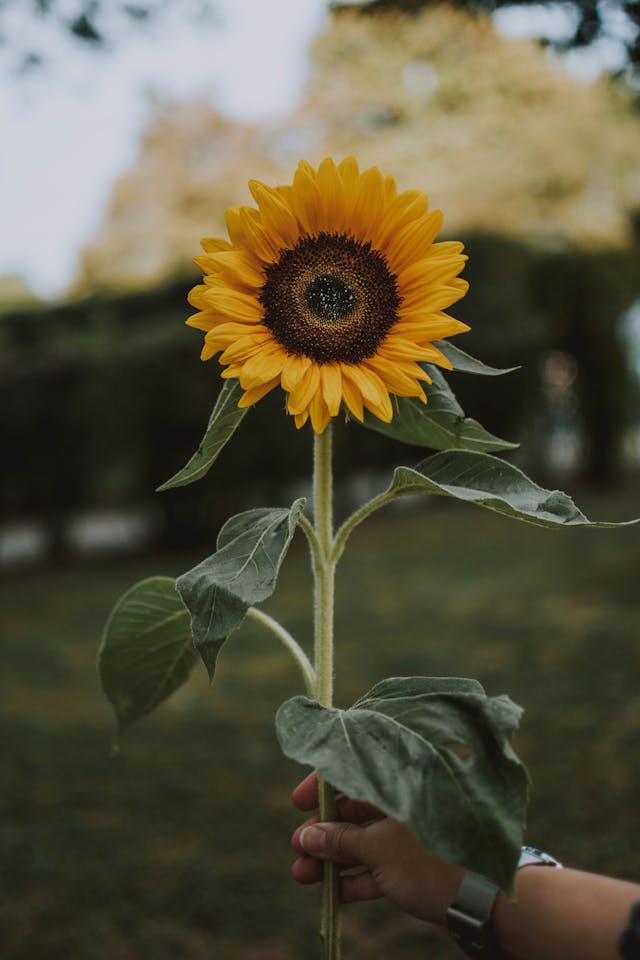
Radiant and cheerful, sunflowers are universally recognized symbols of happiness, longevity, and unwavering loyalty. Their tendency to follow the sun — a trait called heliotropism — has made them a metaphor for positivity and hope across cultures.
In Ukraine 🇺🇦, the sunflower holds deep national significance. It’s more than a flower — it’s a symbol of peace, resistance, and pride, often seen in fields, folk art, and national ceremonies. Especially in recent years, it has taken on a poignant role as a representation of solidarity and resilience.
In China 🇨🇳, sunflowers are associated with vitality, prosperity, and good fortune, making them a popular choice for celebratory events like graduations, birthdays, or business launches.
With their bold color and uplifting energy, sunflowers are ideal for thank-you gifts, joyful milestones, or simply to brighten someone’s day with a touch of golden optimism.
✌️ Peace Lily – Western cultures
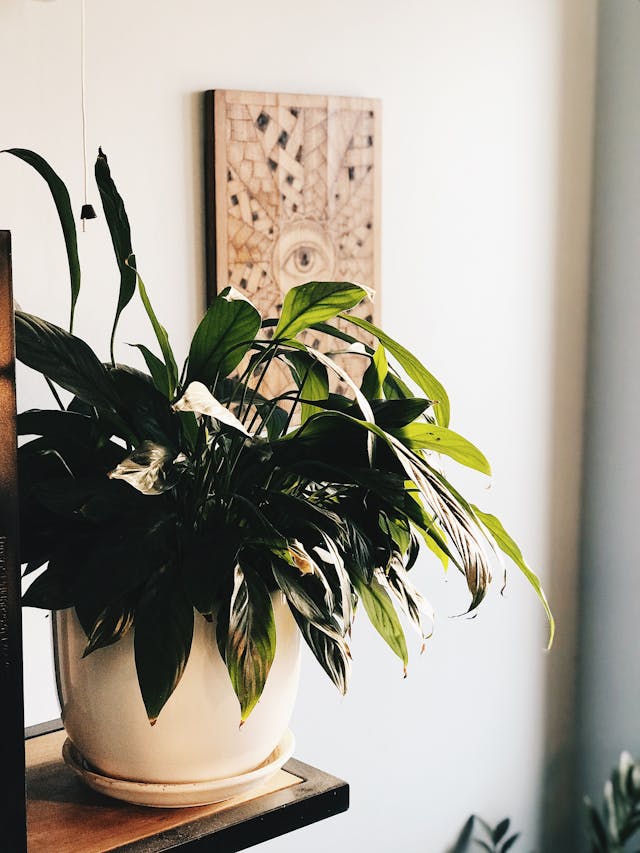
Graceful and serene, the peace lily is a common choice for expressing sympathy, comfort, and spiritual healing. Its elegant white blooms and lush green leaves evoke a sense of purity and peace, making it a meaningful gift during times of loss, grief, or personal hardship.
In Western cultures, peace lilies are often sent to funerals or delivered to the homes of grieving families as a gesture of condolence and remembrance. They’re seen as symbols of the soul’s return to tranquility, offering quiet support when words may fall short.
Low-maintenance and long-lasting, peace lilies not only bring a sense of calm but also purify the air — making them a comforting presence in spaces that need both emotional and physical renewal. It’s a gift that says, “I’m thinking of you,” in the most gentle, enduring way.
🌳 🫒 Olive Tree – Mediterranean cultures
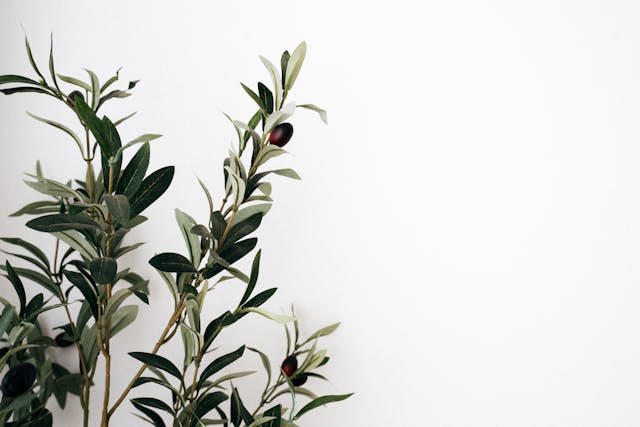
The olive tree stands as a timeless emblem of peace, endurance, and resilience in Mediterranean cultures and beyond. Known for its ability to thrive in harsh environments and live for centuries, the olive tree symbolizes strength, longevity, and harmony.
Gifting a small olive tree or a carefully cultivated bonsai olive plant is a profound way to convey wishes of stability and hope, especially during significant life changes such as moving to a new home, recovering from hardship, or embarking on a fresh chapter.
In many cultures, the olive branch itself is a universal symbol of peace and reconciliation — making the olive tree an ideal gift to foster connection, healing, and enduring goodwill.
🌺 Hibiscus – Hawaii 🇺🇸, Malaysia 🇲🇾, South Pacific
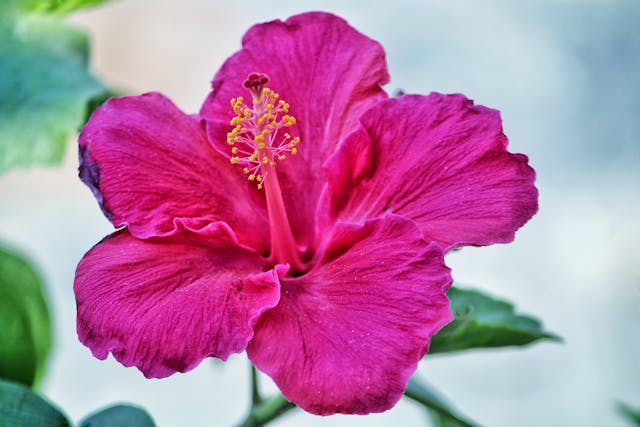
In many tropical cultures, the hibiscus flower is much more than a vibrant bloom — it is a powerful symbol of beauty, femininity, and gracious hospitality. In places like Hawaii, the hibiscus is often worn as a decorative accessory and is a sign of welcome and aloha spirit, embodying warmth and friendliness.
In Malaysia 🇲🇾 and across the South Pacific, the hibiscus is similarly revered for its delicate elegance and is commonly used in celebrations, ceremonies, and as a gesture of goodwill toward guests.
Gifting a hibiscus plant sends a message of warmth and respect, making it the perfect living gift for welcoming someone into a new home, celebrating a visit, or marking a joyful occasion with tropical flair and heartfelt hospitality.
Plants for Different Occasions: What to Gift and When
| Occasion | Recommended Plants | Why |
|---|---|---|
| Housewarming | Lucky bamboo, snake plant, jade plant | Good fortune, easy care, positive energy |
| Birthday | Orchid, sunflower, peace lily | Beauty, joy, well-being |
| New Job/Promotion | Money plant, bamboo, bonsai | Success, growth, longevity |
| Sympathy/Get Well | Peace lily, aloe vera, lavender | Healing, calm, comfort |
| Romantic | Rose bush, basil, anthurium | Love, passion, connection |
| Friendship | Spider plant, pothos, maranta | Resilience, care, positivity |
| Thank You | Mini herb garden, succulent box, sunflower | Usefulness, joy, gratitude |
Do’s and Don’ts When Gifting Plants
✅ Do: Research cultural meanings, especially when gifting across cultures.
✅ Do: Choose easy-care plants for beginners.
✅ Do: Add a handwritten note explaining the plant’s symbolism.
✅ Do: Include care instructions — especially for exotic species.
❌ Don’t: Gift sharp or spiky plants like cacti in some cultures (seen as bad luck or “prickly” energy).
❌ Don’t: Give plants to hospital patients without checking rules — some wards prohibit them.
❌ Don’t: Assume everyone wants responsibility for a living thing. (Succulents or air plants are safer bets.)
Final Thought: Grow Connection with the Gift of Plants
Plants are more than just beautiful décor — they’re living symbols of care, growth, and connection. Whether rooted in centuries-old tradition or chosen for personal meaning, a plant gift says, “I wish you strength, happiness, and flourishing life.”
Next time you’re searching for a thoughtful present, skip the fleeting flowers and instead give something that grows with your recipient — a gift that lives, breathes, and nurtures the relationship over time.
💚 Ready to brighten someone’s day and honor their culture? Choose your plant with intention, add a heartfelt note, and watch your gift grow into a lasting memory.
